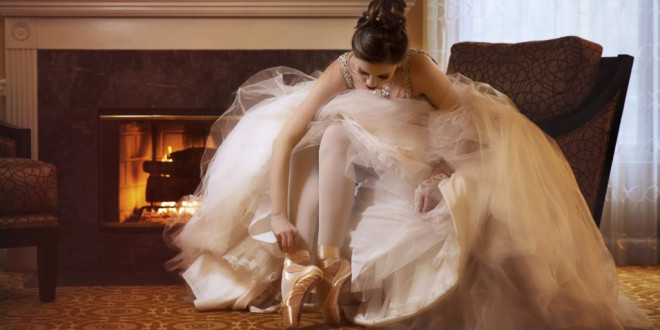[ad_1]
Once you have decided to get married, one decision you should discuss with your fiancé is what type of wedding both of you prefer. Weddings can be formal, semiformal, or informal. If you are both of the same religion and custom or tradition calls for a specific type of wedding and reception, this will probably not be a decision you will need to make. But couples of different faiths or couples with a lot of flexibility will need to decide whether they want something extravagant or fairly simple.
Formals weddings follow tradition and custom in almost every aspect. Because of the formality and lavishness of these types of weddings, many couples like to hire a wedding planner to help coordinate details and services. Formal weddings usually take place in churches, temples, synagogues, hotel ballrooms, homes, or gardens. The following is a list of characteristics of a formal wedding:
- Traditionally-worded invitations, custom printed
- Professional and elaborate wedding photography
- Lavish sit-down or buffet-style dinner or luncheon
- Professional floral displays
- Live musicians
- Four to twelve bridal attendants (maid or matron of honor, best man, bridesmaids, one or two flower girls, ring bearer, one usher for every 50 guests)
- 150 to 400 guests
In a semiformal wedding, some of the formalities are relaxed. The location will most likely be the same, but it can also take place is a myriad of other places. Also, the wedding and reception are usually held in the same place. The main differences between a formal and semiformal wedding are:
- Semiformal weddings have few attendants
- Things like wedding attire, flowers, and decorations may not be so traditional or even professionally done
Informal weddings are usually second marriages. This makes for a very different atmosphere than that of a formal or even semiformal wedding. Characteristics are:
- Usually take place in daytime
- Appropriate attire is knee-or ankle-length dress or suite, white or pastel color
- Invitations can be custom designed or even handwritten
- Decorations and floral arrangements are optional (most couples still decorate with flowers, but do it themselves)
- Hors d'oeuvres, punch and champagne, and wedding cake are served rather than a full meal
Once you and your fiancé have decided on the formality of your reception, you can start planning the actual event. Remember to keep in mind these tips as you search out the services you want:
- Be sure you and your fiancé have seen the room where the wedding or reception will take place and write that room name or description on the contract; you do not want any surprises or confusion later in the planning
- If you want to have the reception in a restaurant or hotel, remember that you may have to conform to their schedule, rules, and menu which allow for little flexibility, although it relieves you of the planning
- Private homes or gardens give more room for your wishes and wishes, yet it leaves the planning up to you
- Shop around! Interview caterers and location managers, compare costs, and then decide what you want
- Get all details of the planning in writing with you and what you have hired present.
[ad_2]
Source by Caprice Pettit

